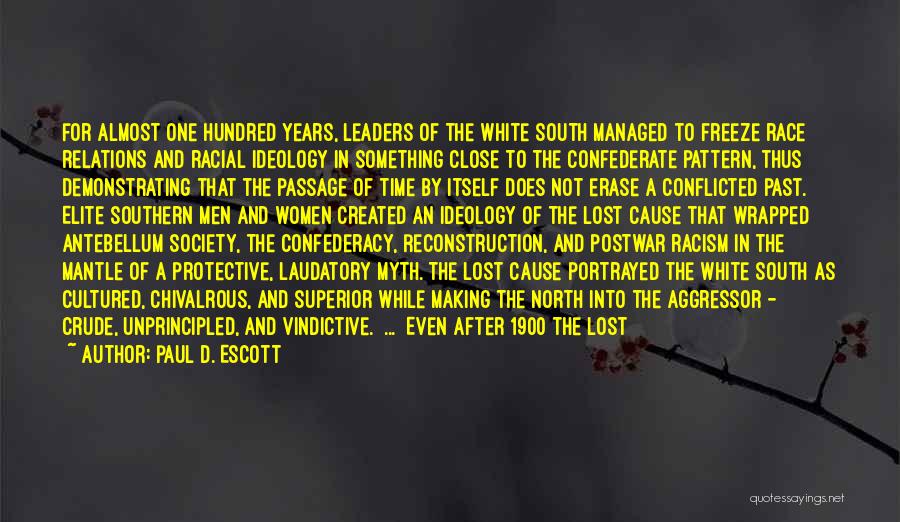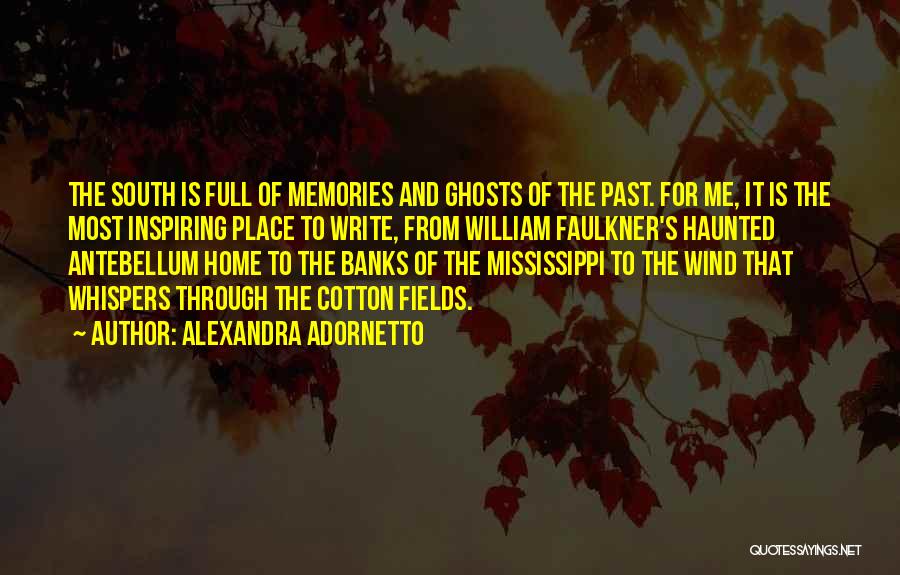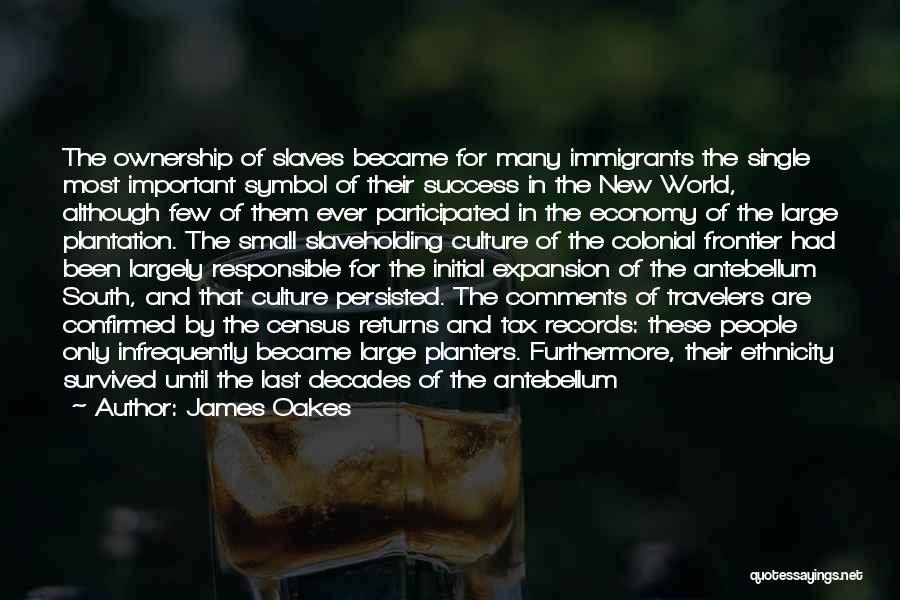Quotes & Sayings About Antebellum South
Enjoy reading and share 4 famous quotes about Antebellum South with everyone.
Top Antebellum South Quotes

The developments in the North were those loosely embraced in the term modernization and included urbanization, industrialization,and mechanization. While those changes went forward apace, the antebellum South changed comparatively little, clinging to its rural, agricultural, labor-intensive economy and its traditional folk culture. — C. Vann Woodward

For almost one hundred years, leaders of the white South managed to freeze race relations and racial ideology in something close to the Confederate pattern, thus demonstrating that the passage of time by itself does not erase a conflicted past. Elite southern men and women created an ideology of the Lost Cause that wrapped antebellum society, the Confederacy, Reconstruction, and postwar racism in the mantle of a protective, laudatory myth. The Lost Cause portrayed the white South as cultured, chivalrous, and superior while making the North into the aggressor - crude, unprincipled, and vindictive.
[...] Even after 1900 the Lost Cause ideology continued to gain strength under the leadership of a new generation, until most southern whites came to believe that their history and the myth were identical [75 - 76]. — Paul D. Escott

The South is full of memories and ghosts of the past. For me, it is the most inspiring place to write, from William Faulkner's haunted antebellum home to the banks of the Mississippi to the wind that whispers through the cotton fields. — Alexandra Adornetto

The ownership of slaves became for many immigrants the single most important symbol of their success in the New World, although few of them ever participated in the economy of the large plantation. The small slaveholding culture of the colonial frontier had been largely responsible for the initial expansion of the antebellum South, and that culture persisted. The comments of travelers are confirmed by the census returns and tax records: these people only infrequently became large planters. Furthermore, their ethnicity survived until the last decades of the antebellum — James Oakes





